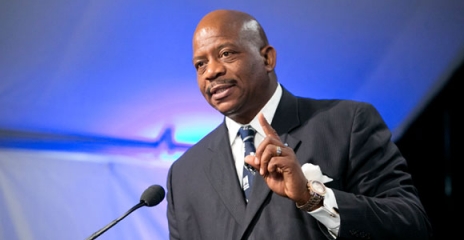Recently, the American Studies Association called for a boycott of Israeli academic institutions. What does this mean, exactly? In short, this is the ASA taking a stance against Israeli institutions based on the allegation that they are infringing on basic Palestinian rights and creating an apartheid system in the country.
For the past decade, tensions between Israelis and Palestinians have dramatically escalated. In 2004, the International Court of Justice issued a statement that the wall Israel built on Palestinian territory was illegal, and in the following years, Palestinian civil groups have banded together in protest against Israel’s violations of Palestinian human rights. These organizations have called for non-violent tactics of boycotts, divestments, and sanctions against Israeli academic and cultural institutions.
This is where the ASA comes in. In agreeing to boycott academic institutions in Israel, the ASA is essentially endorsing and participating in the cutting of all ties and collaborations with these state institutions that are accused of perpetuating the violation of Palestinian rights.
The distinction needs to be made clear, however, that while the ASA no longer supports any Israeli academic institution, that does not mean that individual scholars are necessarily being called out here.
Chancellor Motley released a statement recently regarding the academic boycott. He said, “The University of Massachusetts Boston strongly opposes the boycott of Israeli academic institutions announced by the American Studies Association. Higher education is built upon a free and respectful exchange of ideas. Any action that seeks to inhibit this flow of knowledge, or to prevent academic collaborations, stands in direct contrast to our mission.”
This type of response is to be expected from someone in his position who has been known for delivering similarly politicized statements. UMass Boston is a diverse school that has often taken the liberal stance on similar subjects, and I’m not surprised that Motley gave the response that is congruent with the reputation of UMass that he has helped build.
However, the boycott has nothing to do with limiting the exchange of ideas, it is about showing outward disapproval towards unjust actions. While I respect Chancellor Motley’s reverence for academic collaborations and encouragement of teaching “provocative subjects,” I think he is missing the point entirely.
The boycott is an attack on Israeli institutions, not Israeli scholars and academics. It is a way of saying that what the institutions are doing is intrinsically wrong and in violation of Palestinian rights. Chancellor Motley says he values academic freedom, however, he is not taking a stance against the academic freedoms that are being taken away from Palestinian civilians at the hands of Israeli institutions.
Palestinians face daily struggles that hinder the consistent learning to which everyone is entitled. They are prevented from traveling freely along the West Bank and Gaza Strip. Their schools and universities often face prolonged closures and Israeli military interference, and (most upsetting) they are prohibited by Israeli law to recognize their own historical narrative in school.
How is not taking a stance against this enabling academic freedom?Chancellor Motley is more concerned about maintaining the image of the university as a liberal and cutting-edge school than he is about taking a stance against issues as important as this.
On the UMass website, the institution lists its mission as follows: “Our distinguished scholarship, dedicated teaching, and engaged public service are mutually reinforcing, creating new knowledge while serving the public good of our city, our commonwealth, our nation, and our world.”
Our world. UMass Boston exists to serve the good of the world, which means taking a stand against those who are trying compromise just that.
Chancellor Motley misses the point as he opposes academic boycott of Israel.
March 28, 2014

The chancellor released a statement condemning the academic boycott of Israel




















































